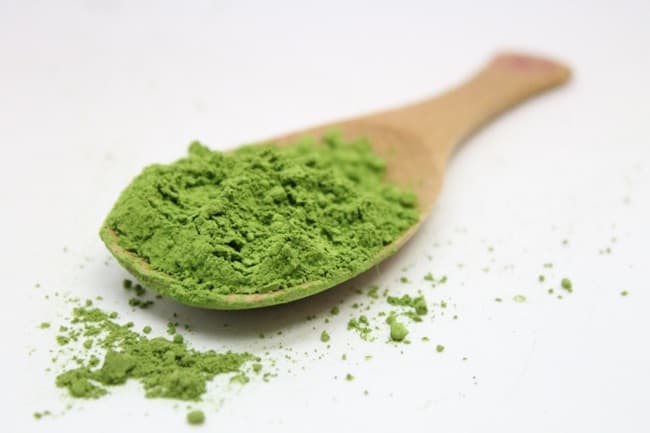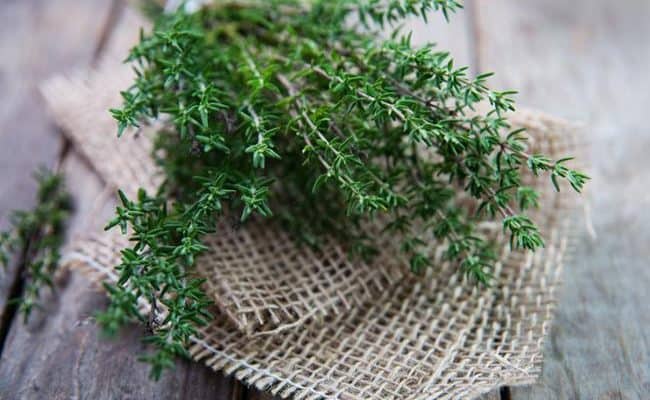
Matcha tea is basically a type of green tea that is ground into a powder. Matcha tea has similar health benefits of green tea and may actually offer some greater advantages. The green tea leaves are ground up, and the powder is ingested with matcha tea. This differs from green tea where you let the leaves steep in hot water then discard the leaves.
While matcha tea does offer many health benefits such as being a good source of antioxidants, ECGC, protection for the liver and kidney, there are also some potential warnings to keep in mind with matcha tea.
Antioxidants
All teas, especially green tea, are a rich source of various antioxidants. There are many health benefits associated with having a diet high in antioxidants. It has been linked to lowering risk for some diseases such as heart disease and cancer.
Matcha provides a higher amount of antioxidants because you are consuming the whole tea leaf that is ground up. Therefore, something that matcha is really good for is being a source for antioxidants.
Concentrated source of ECGC
ECGC stands for epigallocatechin gallate which is a specific type of polyphenol. ECGC is found in green tea and that means matcha is a rich source as well. There are many research studies suggesting ECGC can be beneficial for cardiovascular and metabolic health.
According to one research study, matcha has 137 times the amount of ECGC as regular green tea. This means the health benefits associated with ECGC have an even stronger presence in matcha.
ECGC and other antioxidants in green and matcha teas may help lower risk for certain cancers.
A 2012 study found that pancreatic cancer risk was lowered by 32% in women who regularly drank green tea compared to women who didn’t.
May help protect liver and kidneys
Matcha tea may also help protect liver and kidney from damage associated with type 2 diabetes, according to a 2009 study. Diabetic rats were administered matcha tea for 16 weeks.
Researchers found that rats who received matcha tea had significantly blood glucose, triglycerides and cholesterol levels.
They also had significantly better liver and kidney health markers compared to rats who weren’t receiving matcha. This suggests matcha tea can have a significant benefit on protecting liver and kidney function associated with type 2 diabetes, but of course more research is needed with humans.
Lead contamination
Even though green tea has many health benefits, there may be a concern that some green teas may be a source for lead. Specifically, green tea grown in China could have more of a risk of being high in lead according to a 2012 test from Consumer Lab.
Since you consume the tea leaves with matcha tea that means that the risk for lead contamination may be higher; in fact, matcha tea may have 30 times the amount of lead compared to regular green tea.
Because of this, it may be recommended to drink one cup of matcha per day and avoid serving to children unless you know the matcha tea source is not a concern for lead.
More Caffeine
Matcha tea has about three times the amount of caffeine as regular green tea. This equates to about the same amount of caffeine from a cup of coffee.
Drinking tea vs. supplement
Will taking a matcha supplement be the same as drinking matcha tea? Taking a supplement compared to eating or drinking real food can have a big difference in the body.
For example, green tea and matcha tea may have a protective effect on protecting the liver from damage. However, taking concentrated supplements of ECGC may actually cause liver damage.
This is only noted from taking supplements, not from drinking green tea. So, as with most things in nutrition, use a balanced approach to matcha.
Also, be aware some products that have matcha tea can be heavily sweetened. Matcha can have a bitter, umami flavor. Some powders or mixes claiming to matcha tea can have sugar listed as the first ingredient to make the taste more palatable.
As matcha is growing in popularity, it is being used in more unique ways in desserts and savory foods. If you have matcha tea, try experimenting by cooking with it.
Conclusion
Matcha tea is a powdered green tea. The leaf is consumed instead of traditional green tea where the leaves are steeped in water and discarded. Therefore, most of the health benefits of green tea are amplified in matcha tea. Matcha tea is high in antioxidants and high in the polyphenol ECGC.
Matcha tea may have a specific benefit to protecting the liver and kidneys from damage caused from type 2 diabetes. However, more research in humans is needed, as this was observed in rats.
There is a potential concern that matcha may be affected by lead contamination, depending on where the green tea leaves come from.
References used in this article










